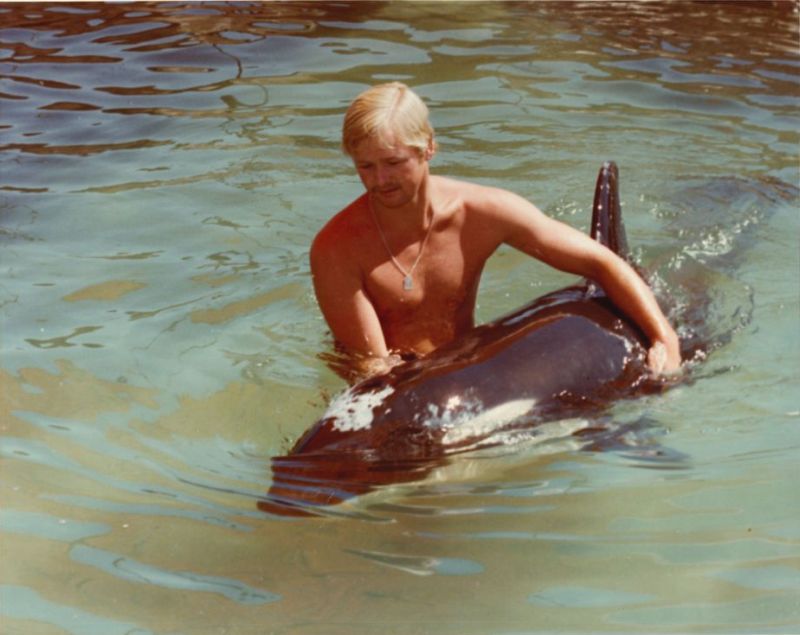
I went to go hear
Jonathan Kozol speak recently at Georgetown University. The excuse was his
new book.
But the
reason was that his job will never be done.
It was a young packed crowd and mostly women at that. Why is it that
women dominate the teaching market?
But halt, lest I digress on the subject of gender, before I digress amongst the topic of race first.
The 71-year old Kozol opened the evening by paying homage to a man he said has "influenced me more than any other teacher." A man who taught him to wear bright blue shoes with the one suit he owns. Mr. Rogers.
Kozol has been known to be the ultimate composer and tapper-into-er of liberal guilt, and most commonly, white liberal guilt: the notion that because of whatever degree of privilege you are afforded in this life (educational, financial, racial, etc.), there is a degree of guilt that finds itself in your back pocket for the times when you sit too long on the indignities and injustices served to too many in our society.
It's an interesting concept, because on the one hand you could totally argue that change is born out of this sense of liberal guilt. But on the other hand you could argue that these are faulty nether-regions for change to spring from, because they're operating from the basis of entitlement and not from the vantage point of empowerment. But then, where do reasonably well-off white teachers fall into this spectrum when they find themselves teaching 20+ class sizes of brown to black harbingers of our future? Does it not smirk of liberal guilt (even if that is not the lived reality for the teacher themselves) but also of empowerment?
Kozol argues that America's public schools most recently began to flirt with peril when a corporate model was initiated as the platform for how to view students. An 8-year old black girl all of a sudden became a product that will, if taught accordingly by her public school teacher, ultimately become a producing and consuming member of society. In Kozol's words, a student's value began to "lie in economic turnout rather than who they were as a person."
He spoke of a school in Columbus, Ohio, a kindergarten, which, no joke, had as its mission statement:
"To turn out products to sharpen America's edge in the global marketplace."
A kindergarten!
And pretty soon, school principals were being referred to as school CEO's. No bullshit.
According to Kozol, almost 50% of new teachers, cease and dismiss with their new careers three years in. Their reason? Well, let's just say that it's almost never the kids or the parents of the kids.
"One of my appointed roles in life is to provide remedial services to elected officials," Kozol said.
One of the most poignant moments of the night came when Kozol described the process of discovering the most precious thing a teacher can discover in their student: a motivating factor.
Now, schools have curriculum cops, he said, who go from classroom to classroom unannounced, checking to see if the teacher is at the appropriate place in the day's curriculum for the corresponding hour. That's right, they have to adhere to such a strict time line that a teacher can only dream of letting a student digress for five minutes about his trip fishing down at a peer in Brooklyn with his Uncle over the weekend.
"Kids are professionals at subverting lesson plans," Kozol said.
It's at the very end of the telling of such a story that the teacher may be able to glimpse that little nugget of semblance that remains hidden so often underneath the masks children tend to establish during those years.
"Sometimes at the end of all those 'and's and 'but's' teacher's can find the hidden treasure, the secret motivation of a child's soul," Kozol said.
SO much of Kozol's painted world uses colors from the white and black neighborhoods of the colorwheel only.
But during the question and answer session, a young black woman who grew up on the Upper West side of Manhattan and had gone to a nice expensive school, stood up after much anticipation and asked the very exquisite question, that perhaps only she, a black well-to-do woman, could effectively ask:
"Don't you think that it's more of a socio-economic factor than it is a factor of race?"
For whatever reason, Kozol stumbled and rambled around his answer to this question like a drunk who drops his change and swerves and hovers above it trying to pick it up, which is to say, I think he did actually have an answer to her question, somewhere in him, but for whatever reason, he didn't let it come out.
But damn, what a fine question. And so, I leave you with that.
And a parting note from Mr. Kozol:
"I am optimistic though, because if I wasn't I would die of despair," Kozol said.




















